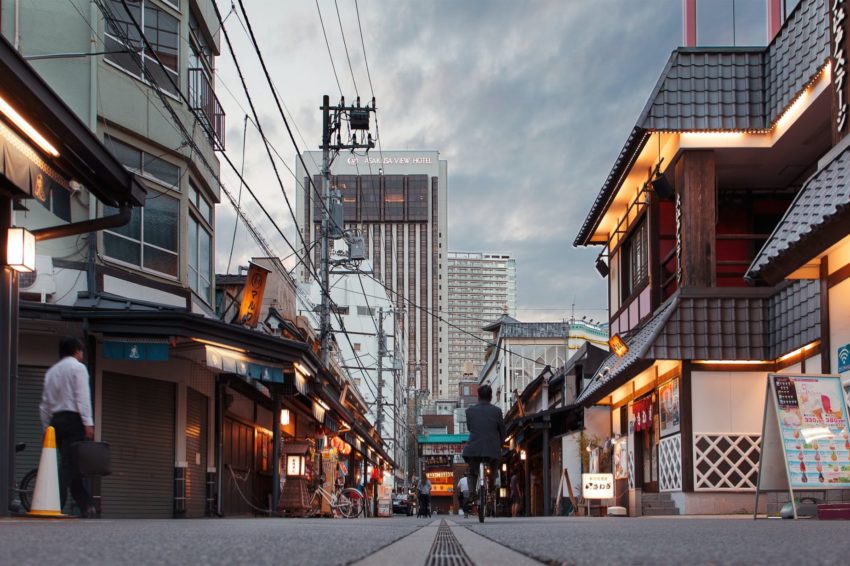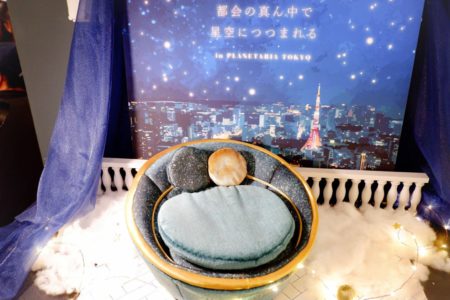Speaking vs Communicating in Japanese

Top photo: Claudio Guglieri on Unsplash
Can you communicate in Japanese? Yes, communicate! Believe it or not, speaking the language is one thing. Communicating is another matter entirely.
The first year I arrived in Japan, I went from knowing basically nothing to being able to have small daily conversations. That was a huge step for me as I didn’t really study much. I “learned on the go”, as they say.
But, quickly I ended up with a problem. People were telling me: “Are you trying to start a fight? I thought you’d be nicer.” It was a shock! I thought my grammar or the words I used were wrong, and the message wasn’t getting through.
Was my Japanese terrible? It wasn’t. My communication skills were. Here are three valuable things I learned as I went from someone who could speak Japanese to someone who can communicate in it.
There’s “No” and then there’s “No”, You Know?
You may have heard it before: the Japanese don’t say “No”. Is that true? Well, yes and no.
“No” absolutely exists in Japanese- but いいえ (iie) is just one way of saying it (and one of the most direct). If you go to a shop and have a request they can’t meet, the answer will be a polite “we are sorry we can’t fulfill your request”. You ask a friend out, the answer will be: ちょっと… (chotto, which means “a little bit…”) you can add the rest by yourself: it means no.
There is also the famous “良い” (ii) which means “good”! It also means “OK” “fine” or “no problem”. Can you see where this is going? You can ask “Can I wipe the table?” “It’s fine. I’ll do it myself.” But it’s the same word as “good”. Very confusing at the beginning! Then, there is けっこう (kekkou) which actually means “splendid” or “wonderful”. But as a response to a question? It’ a pretty strict “no thank you”, as it also means “sufficient” or “I’m fine”. There are other ways to refuse, and it’s quite easy to go through daily conversations without ever using a direct form of “no”.
There’s No Such Thing As TOO Polite, Right?
Again, it’s give and take. If you are a foreigner and an “obvious” one at that, you might receive what I called the foreigner advantage treatment. Many people in Japan don’t have the confidence to speak English and so even if they could, they might just freeze up when they see you. They will try everything to please you just because they want things to go smoothly and painlessly. That last point isn’t meant to be a negative though.
People often just panic at the thought of “if something goes wrong I will have to speak English and I can’t”. They don’t hate you, they just don’t have the confidence to interact with you. Chances are, you’ve at some point felt the same trying to speak Japanese, any other language, or heck, just trying something new (nobody ever jumps out of a plane the first time absolutely confident they’re going to land safely).
That being said, the “customer” is king in Japan, so you’ll always be treated with consequence. So where might this lead to miscommunication? It’s when you get involved with someone to the point of getting to know their real personality. Many people in Japan have a “front face” (for work and public appearances) and a “back face” (private life). Most people keep the same personality, but keep their work and private lives separate.
But, some will have a really strong front face and you thought you were closer friends, but it’s just to keep a “good work relationship”. What they said and what they really think is different. Why? Because privacy is really important for them and that protecting the harmony/peace is a very strong value in the Japanese culture. Eventually you will be able to differentiate the two and choose which relationships you want to invest in (because it’s absolutely worth it when you do). But know that it is hard at the beginning.
Don’t think in English – Feel in Japanese
You’ve been studying Japanese for a while, but do you have confidence in your grammar? Just translating what you think exactly as-is into perfect Japanese won’t do. It might get you by with shopping and small talk, but you eventually hit a wall. That’s what happened to me.
Remember what I was talking about earlier? My first year in Japan was ending and my Japanese level was good enough to have a conversation. But then, I took on a one-off modeling gig, and I noticed that other foreigners who were present had been here 5 to 10 years and couldn’t speak a word. They needed a translator for everything.
I was surprised and asked other Japanese staff why they weren’t able to speak the language since they have been here way longer than me. For me, it was a surprise that just by interacting with Japanese people I had caught so much of the language. So I asked innocently, why? But I think the Japanese staff must’ve found me rude, as I didn’t get an answer.
As I said earlier, I thought my Japanese was wrong and tried to correct it, but that just made things worse. Finally, a friendly foreigner of the team explained to us that some people have no interest in getting integrated since they are here temporarily. They don’t want to focus on learning a language they think will not use for long. But then they stay a little longer, and a little more longer, and suddenly they’ve been here for 5, 10 or 25 years.
I had my answer! I spoke again with the Japanese staff member, who understood now. They had thought I was making fun of the other foreigners and thought lesser of them, because the words I was using were too blunt, too much a 1-to-1 translation from my head. I was thinking in English but not feeling in Japanese- I wasn’t “reading the room” as we say. After that, they understood. That crisis was averted, and I learned a valuable lesson about communicating my thoughts.
There are a lot of those subtleties in the Japanese language. You need to not only master the grammar and vocabulary, but you need to learn how to think in Japanese. This takes time and an open mind. But you can do it. When in doubt, just soften what you say, go with the most formal textbook Japanese you can remember, and always be as agreeable as possible. And then be daring, go out to someplace new, and talk all night to people you’ve only just met. You might not realize it immediately, but it’s a great way to begin your transition from speaking Japanese to truly communicating in it.
Photo Credits:
Top photo: Claudio Guglieri on Unsplash
All other content (text) created by the original author and © 2021 MUSUBI by Borderlink
RELATED
-

I Want to Ride My Bicycle (In Japan)
Top photo: dep377 on Pixabay What’s the best way to see Japan? You’re likely to get any number of … -

Planetaria Tokyo: Stars and Healing
“It’s one of those fleeting moments in your life that your mind may forget but your heart won’t.” If I were to… -

Loanwords: Our ‘False Friends’ (Part 1)
Top photo: analogicus on Pixabay MUSUBI presents the first in a two-part essay on one of the most useful but a…
PEOPLE

Mona Baker
From Canada
Has a long, storied Japan experience!


